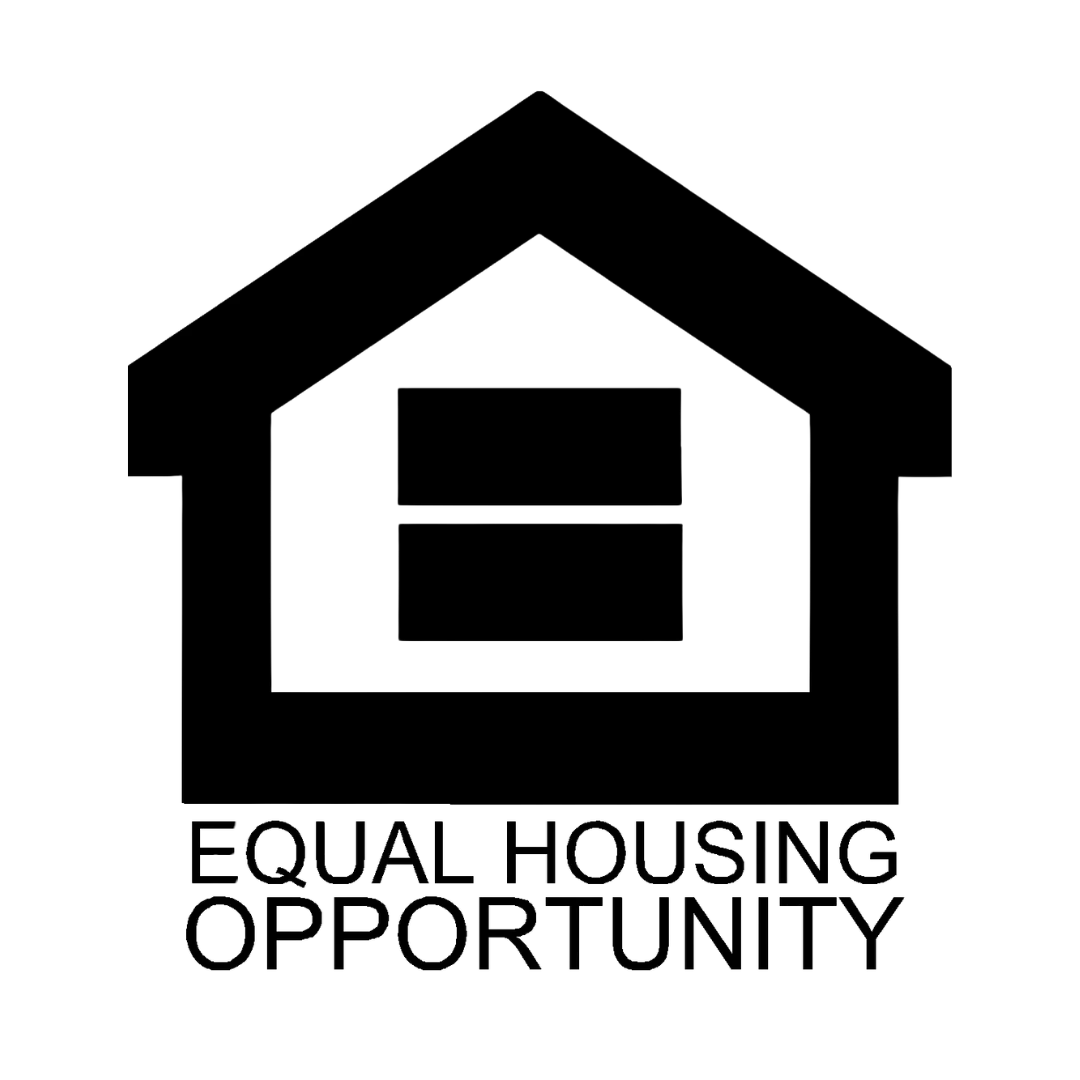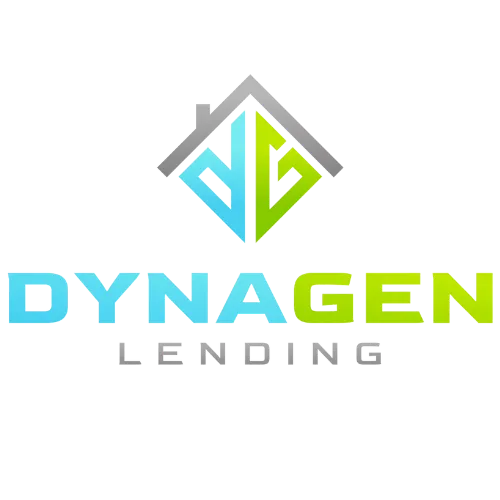BLOGS

VA Loan vs. Conventional Loan: Compare Your Options Today
VA Loan vs. Conventional Loan: Compare Your Options Today
With mortgage debt skyrocketing to $20.3 trillion as of early 2024, understanding your financing options is more crucial than ever. Whether you're a veteran considering a VA loan or weighing the merits of a conventional loan, the choice you make could impact your financial future significantly.
So, what's the smart move in today's market? This comparison of VA loan vs conventional loan is about finding the right path to your dream home. We'll get into what sets these options apart and guide you through choosing the one that aligns with your needs and goals.
What are VA Loans?
A VA loan is a mortgage option available to veterans, active-duty service members, and their families. These loans, backed by the Department of Veterans Affairs, come with a host of benefits tailored to those who have served our country.
One of the most significant VA loan benefits is the absence of a down payment requirement, which can make homeownership more accessible. This feature alone can save buyers thousands of dollars upfront.
Interest rates on VA loans are often lower than those for conventional loans. This can provide long-term savings on mortgage payments.
Additionally, VA loans do not require private mortgage insurance (PMI), which is typically needed for conventional loans with down payments of less than 20%. This can further reduce monthly costs.
VA loan eligibility is based on service requirements. Veterans must have served a certain period during wartime or peacetime, and active-duty service members must meet specific criteria. Surviving spouses of deceased veterans may also qualify.
To apply for a VA loan, eligible borrowers must obtain a Certificate of Eligibility (COE) from the VA, which confirms their service history and eligibility status.
Besides financial advantages, VA loans also offer protections for borrowers. For example, the VA can assist if a borrower struggles to make mortgage payments, potentially preventing foreclosure.
What are Conventional Loans?
Conventional loans are a common mortgage option that does not have government backing. These loans are typically offered by private lenders and follow guidelines set by Fannie Mae and Freddie Mac.
Conventional loan requirements are often more stringent than those for government-backed loans. Borrowers usually need a higher credit score and a larger down payment.
The down payment for a conventional loan can range from 3% to 20% or more of the home's purchase price. A higher down payment can result in lower monthly payments and potentially better interest rates.
Speaking of interest rates, conventional loans can offer flexibility. Borrowers with excellent credit scores might secure very favorable rates, but those with lower scores could face higher rates.
One of the significant advantages of conventional loans is their flexibility in terms. Borrowers can choose from various loan lengths and types, such as fixed-rate or adjustable-rate mortgages. This flexibility allows borrowers to tailor their mortgage to their financial situation and long-term plans.
VA Loan vs Conventional Loan: Key Differences
One of the most notable differences is the down payment requirement. VA loans often require no down payment which makes them accessible to those who may not have significant savings. In contrast, conventional loans generally require a down payment, which can be a barrier for some buyers.
Interest rates are another critical factor. VA loans typically offer competitive rates, which can translate to lower monthly payments and long-term savings. Conventional loans, while flexible, can have higher rates depending on the borrower's credit score and other factors.
Credit score requirements also vary between these two loan types. VA loans are generally more forgiving, making them accessible to those with lower credit scores. Conventional loans, however, often require higher credit scores to qualify for the best rates and terms. This difference can influence which loan type is more suitable for a borrower based on their credit history.
Closing costs and fees are another area where VA loans have an advantage. These loans often have limited closing costs which reduces the upfront financial burden on the borrower. Conventional loans, on the other hand, can have higher closing costs that need to be factored into the overall cost of the loan.
Loan limits and mortgage insurance requirements also differ. VA loans have specific limits depending on the location and type of property but do not require private mortgage insurance (PMI). Conventional loans, especially those with a down payment of less than 20%, usually require PMI.
A home loan comparison will highlight these differences and emphasize the importance of understanding which loan type aligns best with your financial situation and homeownership goals.
Which Loan is Right for You?
Choosing between a VA loan and a conventional loan depends on several factors, including your eligibility, financial situation, and long-term goals.
If you are a veteran or active-duty military personnel, the VA loan benefits might make this option very attractive. No down payment, competitive interest rates, and limited closing costs are significant advantages that can facilitate homeownership.
For those who do not qualify for a VA loan or prefer the flexibility that conventional loans offer, understanding the conventional loan requirements is crucial. Higher credit scores and larger down payments might be required, but the variety of loan terms and the potential for favorable interest rates can be appealing.
Consider your personal circumstances, such as your credit score, available savings for a down payment, and your long-term financial goals. Each loan type has its pros and cons. For example, the conventional loan pros and cons include the potential for higher interest rates but also the flexibility in loan terms.
Your Path to Homeownership Starts Here
As you weigh your options with a VA loan vs conventional loan, remember that the right choice can transform your financial future. Our comprehensive comparison has unveiled key distinctions, from down payments to interest rates, to guide you in making an informed decision.
At DynaGen Lending, we prioritize your financial aspirations with a personalized approach and unwavering support. Experience the difference with our dedicated team, ready to assist you every step of the way.
Eager to start your homeownership journey with a loan that fits like a glove? Reach out to us today and let us help you unlock the door to your dream home.

Company NMLS 2179695
